Uzbekistan is currently implementing projects worth $20bn in cooperation with international financial organizations across key sectors including energy, transport, agriculture, municipal services, and social development. Foreign partners are actively supporting the country's reform agenda through these initiatives.
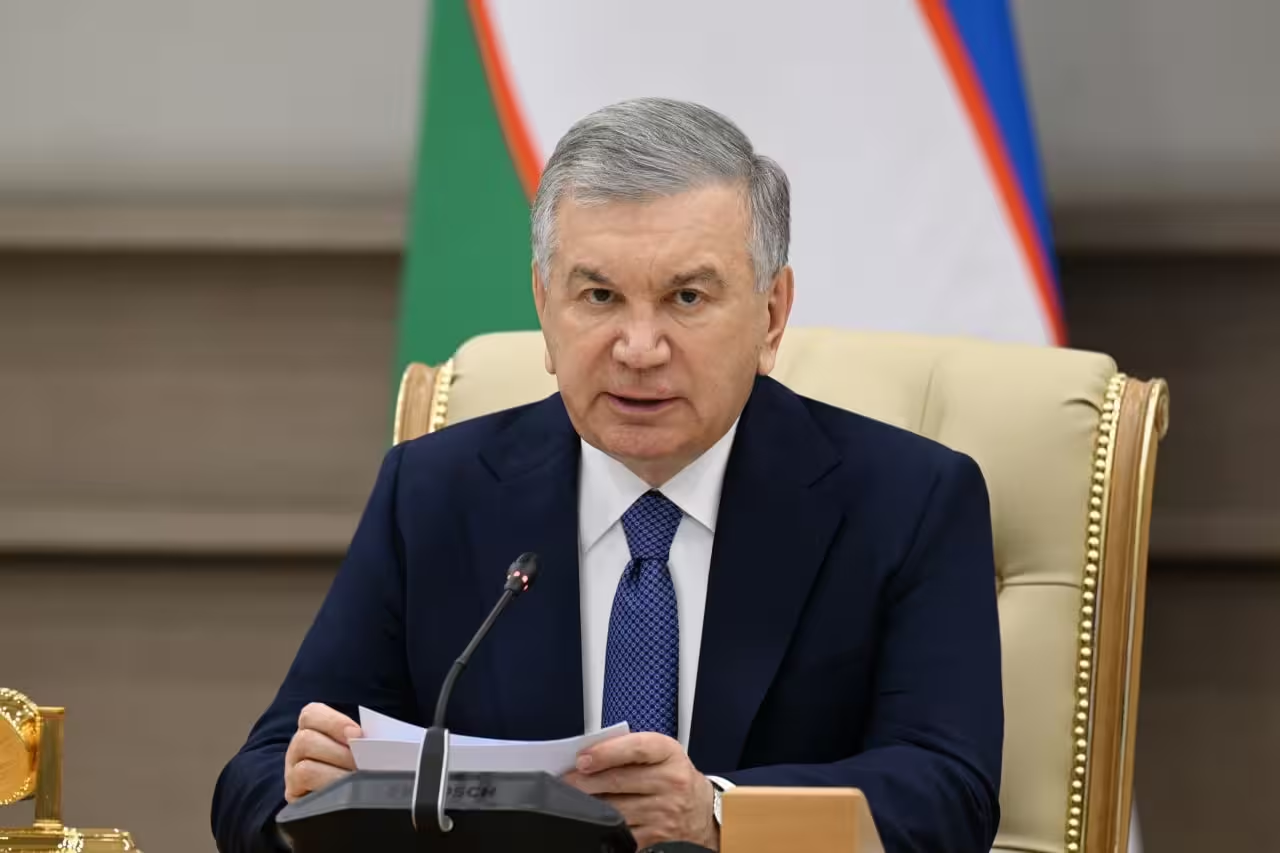
At a video conference held on April 9, President Shavkat Mirziyoyev discussed strategies to boost regional tourism potential and accelerate foreign investment. The meeting brought attention to both progress and challenges in these critical areas.
In recent years, Uzbekistan’s tourism exports have grown 1.6 times, reaching $3.5bn. In 2024, the number of foreign tourists exceeded 10mn for the first time, and over 2,000 entrepreneurs entered the tourism sector.
Tourism infrastructure has advanced significantly, with $6.5bn invested and 130,000 guest rooms established over the past eight years. Twenty tourist villages are now operational, and a major international ski resort is under construction on the “Oltin bel” (Golden Belt) peak in Parkent district.
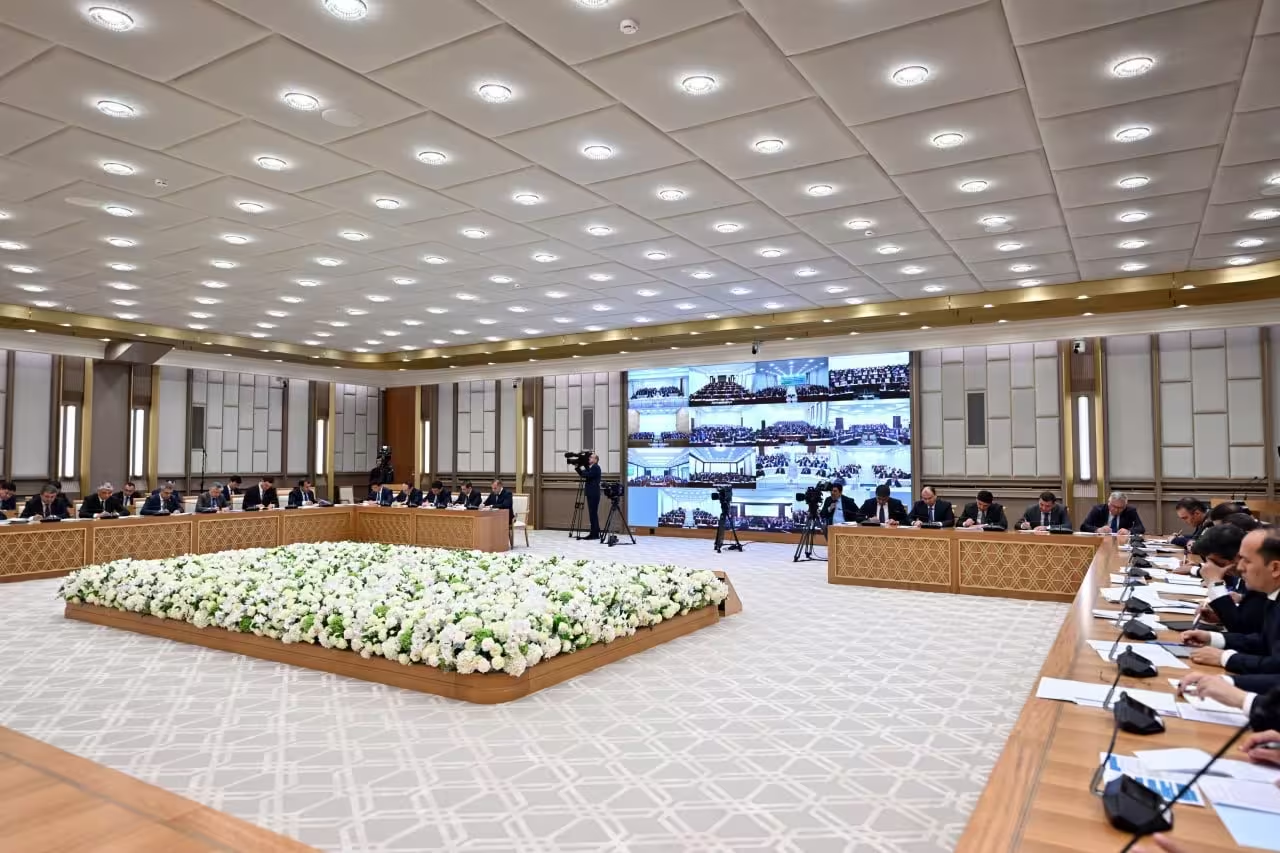
Despite these achievements, some regions still face barriers such as poor road infrastructure, limited transport, and a lack of entertainment options. The president emphasized the need to unlock regional potential by improving access and diversifying tourism offerings.
Plans include developing 36 districts and cities with specialized tourism themes—ranging from ethno and gastronomic to medical, cultural, pilgrimage, and extreme tourism. Sariosiyo and Chartok districts were highlighted as key areas for winter and wellness tourism, respectively.
To support this, a unified national tourism platform is being built, which will integrate e-visas, digital ticketing, and a new “single tourist card” granting access to historic sites. Uzbekistan is also actively promoting its image through international media such as BBC and Euronews and participating in more than 20 global exhibitions.
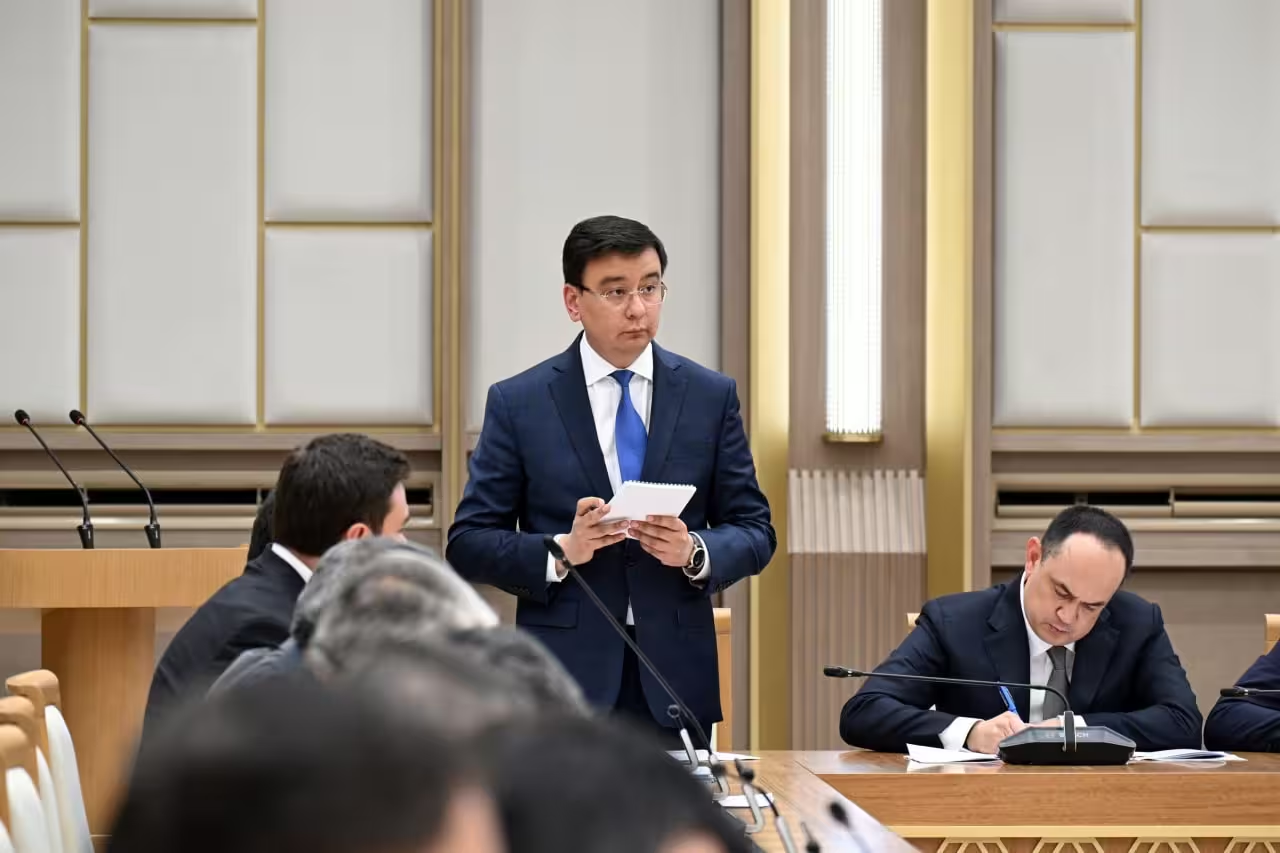
Domestic tourism has risen to 23mn trips annually. To encourage further internal travel, one weekend day per month will now be designated as a “family and team travel day,” and youth competition winners will receive travel vouchers.
The cultural heritage sector also remains a focus. Since 2020, 327 sites have been restored, while 485 more are slated for renovation. The government plans to engage the private sector in restoration and improve revenue systems through digitization.
Tourism education is being reformed through a switch to a three-year dual training system, with more students being sent abroad for internships. These combined efforts are expected to attract 15mn tourists in 2025 and raise tourism exports to $4bn.
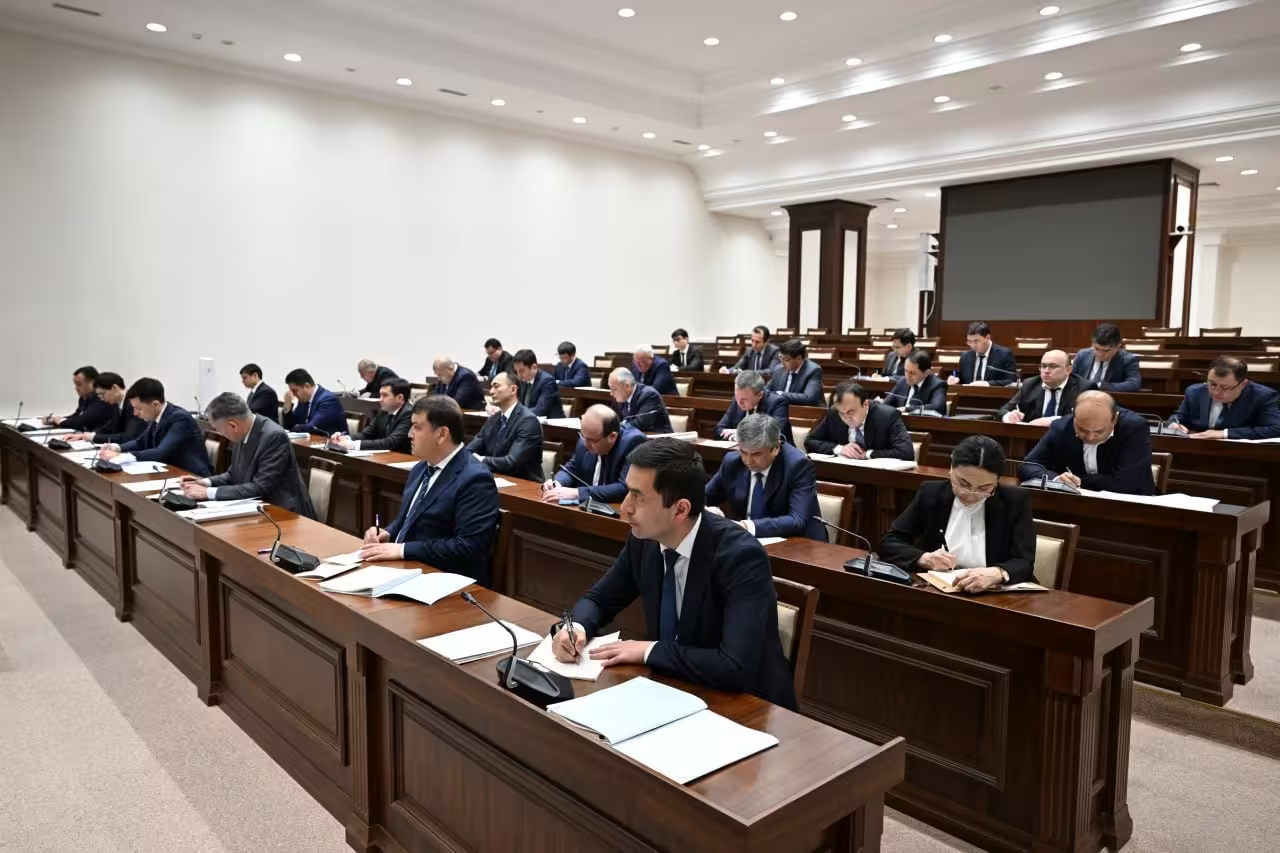
Advancing Foreign Investment
The second part of the meeting reviewed foreign investment achievements and targets. In the first quarter of 2025, Uzbekistan secured agreements on 178 projects worth $39bn during visits to the UAE, Malaysia, Kuwait, and France. At a recent summit in Samarkand, the European Union pledged €12bn to Central Asia.
Uzbekistan aims to attract $42bn in foreign investment by the end of 2025. The plan includes launching 81 large-scale initiatives, over 8,000 medium and small projects, attracting $2bn in grants, and securing $6bn from banks.
Regions previously overlooked by investors, such as Altynsay and Qoshrabot districts, are now attracting major projects. Altynsay is implementing three new initiatives worth $100mn, while Qoshrabot has launched $75mn worth of granite processing ventures.
Following the “Uzbekistan Investor Day” in London, which yielded $2.77bn in commitments, similar events are planned in global business hubs like New York, Singapore, Dubai, Tokyo, and Istanbul.
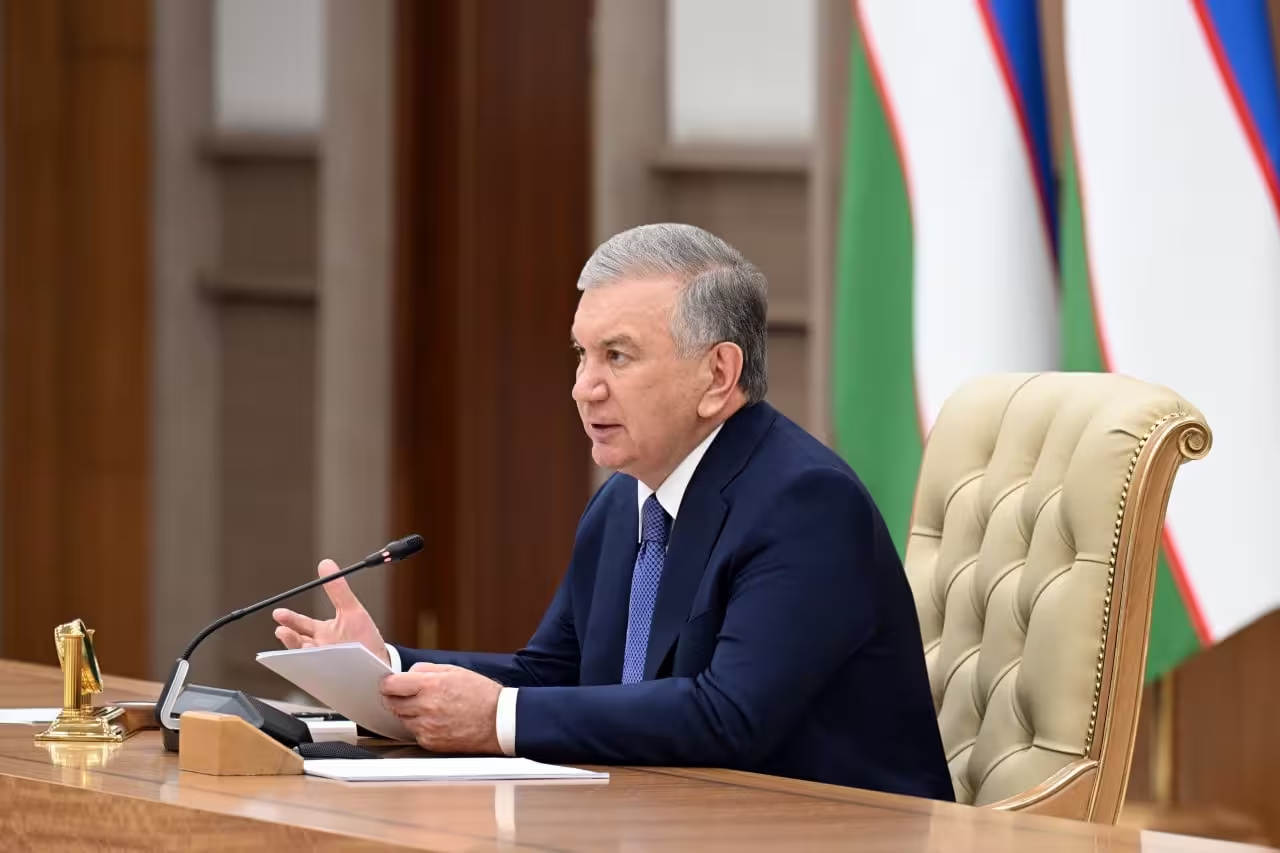
A nationwide privatization program is underway. State shares in 49 enterprises are slated for international sale, and 15 large state-owned companies will issue Eurobonds to raise capital. International investment forums are scheduled in Jizzakh this month and in Tashkent in June.
Since early 2025, $706mn has already been disbursed under new cooperation mechanisms with development partners. Projects in thermal power, regional energy systems, highways, and rail networks are progressing steadily. However, the president stressed the need to avoid delays, stating that any future project adjustments must be made within government frameworks, with additional work funded by savings from completed projects.
Representatives from the World Bank, EBRD, ADB, the French Development Agency, and the Islamic Development Bank have recently visited regions such as Karakalpakstan, Andijan, Jizzakh, Surkhandarya, and Syrdarya. Their engagement with around 200 local entrepreneurs has already resulted in $1.5bn in project financing agreements.
The Deputy Prime Minister has been instructed to scale this model nationwide and initiate at least $3bn worth of similar projects in other regions. Proposals from ministers, regional governors, ambassadors, and entrepreneurs were also reviewed during the session.
Follow Daryo's official Instagram and Twitter pages to keep current on world news.
Comments (0)